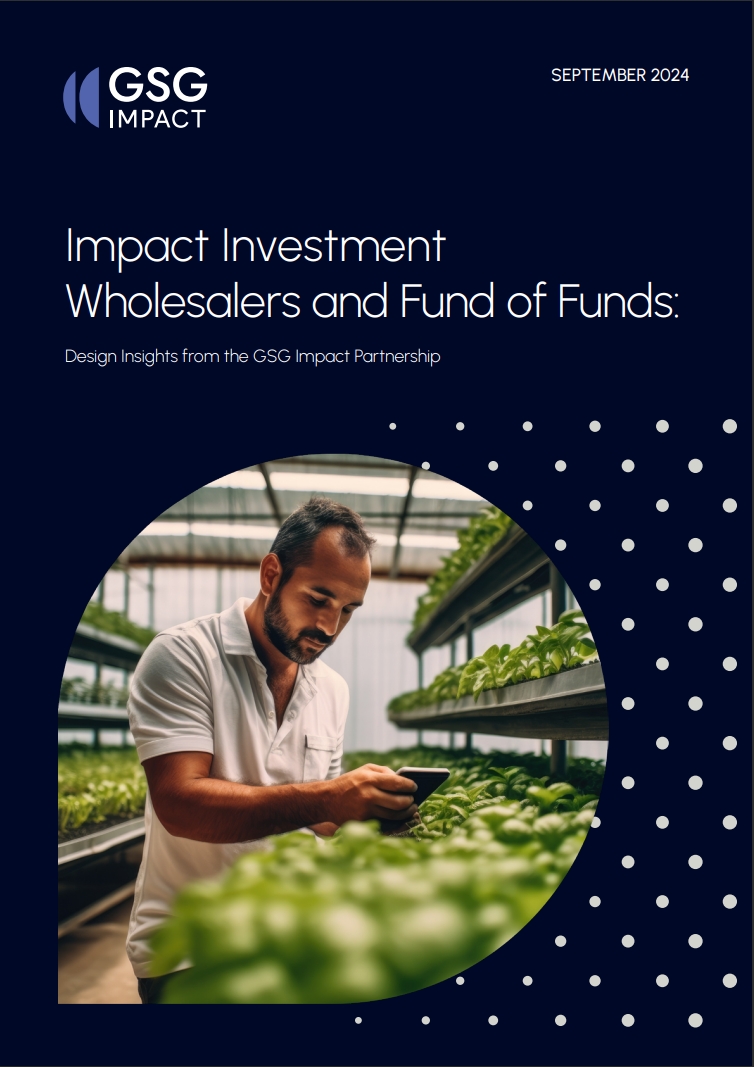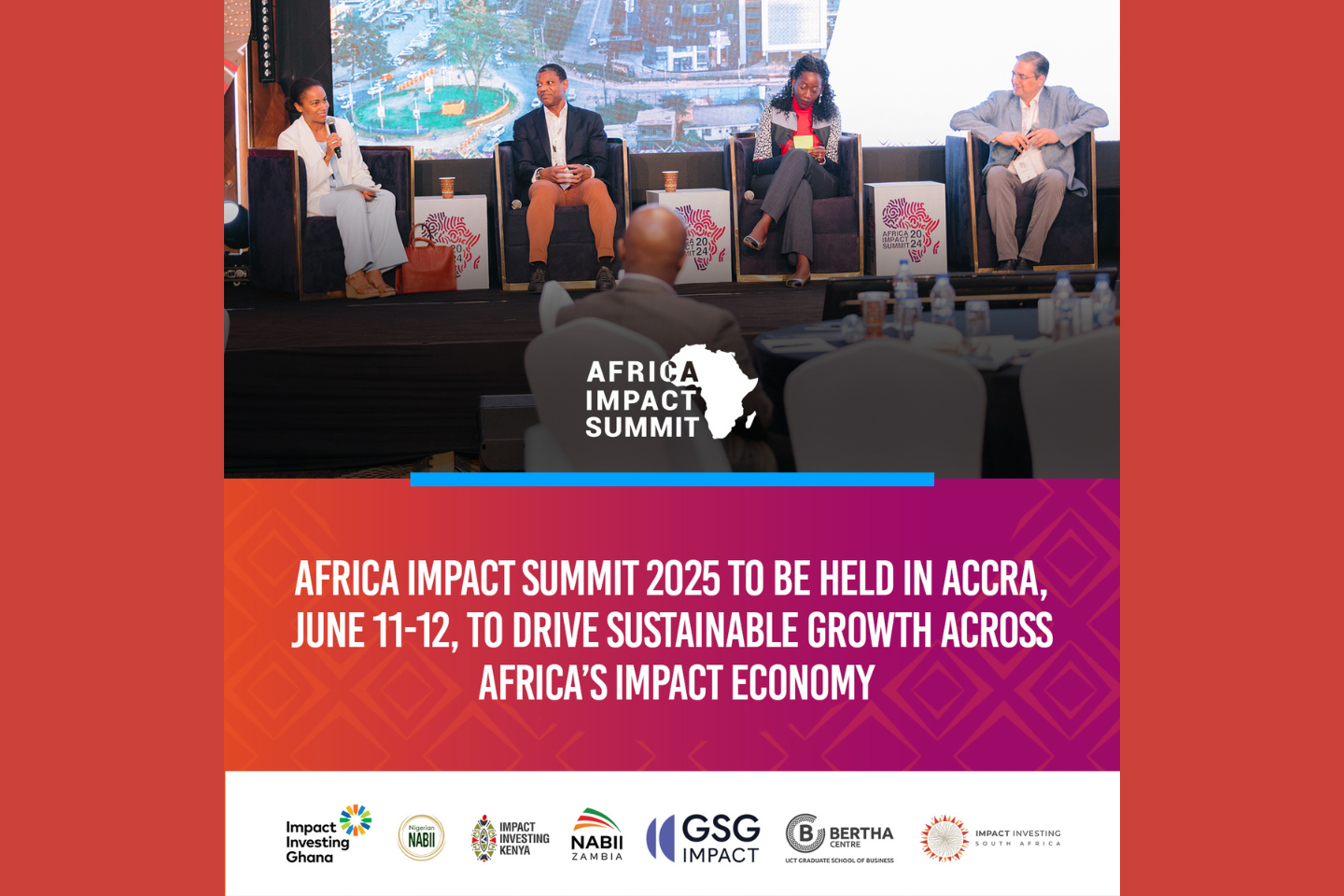
"South Africa’s impact investing landscape continues to be a complex one, with many economic, political, and social challenges. High unemployment rates are exacerbated by slow economic growth rates, significantly lower than the target outlined in South Africa’s National Development Plan."
The UCT-IISA 2023 Biennial Report offers an in-depth look at the state of impact investing in South Africa and highlights the current market landscape, challenges, opportunities, and emerging trends in impact investing. The report also explores trends such as the rise of blended finance, gender-lens investing, and the critical role of catalytic capital in achieving sustainable development goals.
The report is developed by our South African National Partner, Impact Investing South Africa, together with the Ford Foundation, and the Bertha Centre for Social Innovation and Entrepreneurship.

What are the main challenges in impact investing in South Africa?
- Definition ambiguity and a lack of a standardised measurement framework for impact investing.
- Negative perceptions in the market by some investors that impact investments cannot yield market-related returns.
- Lack of investment-ready deals in South Africa according to some investors.

What opportunities exist in South Africa's impact investing market?
- Ongoing growth in the local market.
- Promising financial and impact returns in selected sectors such as renewable energy, agriculture, education, and affordable housing.

What are the emerging trends in impact investing in South Africa?
- Increased institutionalisation of corporate giving. South Africa has seen increased corporate social investment activities driven by the enabling policy environment. According to the African Venture Philanthropy Alliance, deployment of grants and donations is increasingly supplemented by innovative finance structures, such as blended finance mechanisms.
- South Africa continues to launch innovative finance instruments that support impact investing, including impact bonds in social sectors such as education, energy and youth employment. There is also an increased adoption of gender-lens investing in South Africa, with more companies like Standard Bank committing to serve female-owned enterprises and funds like the African Women Impact Fund being established.

How does catalytic capital support impact investing?
Catalytic capital plays a critical role in achieving SDGs by accepting higher risks and lower returns to drive significant social and environmental impacts. This type of capital is essential for unlocking further investment and supporting early-stage ventures.










